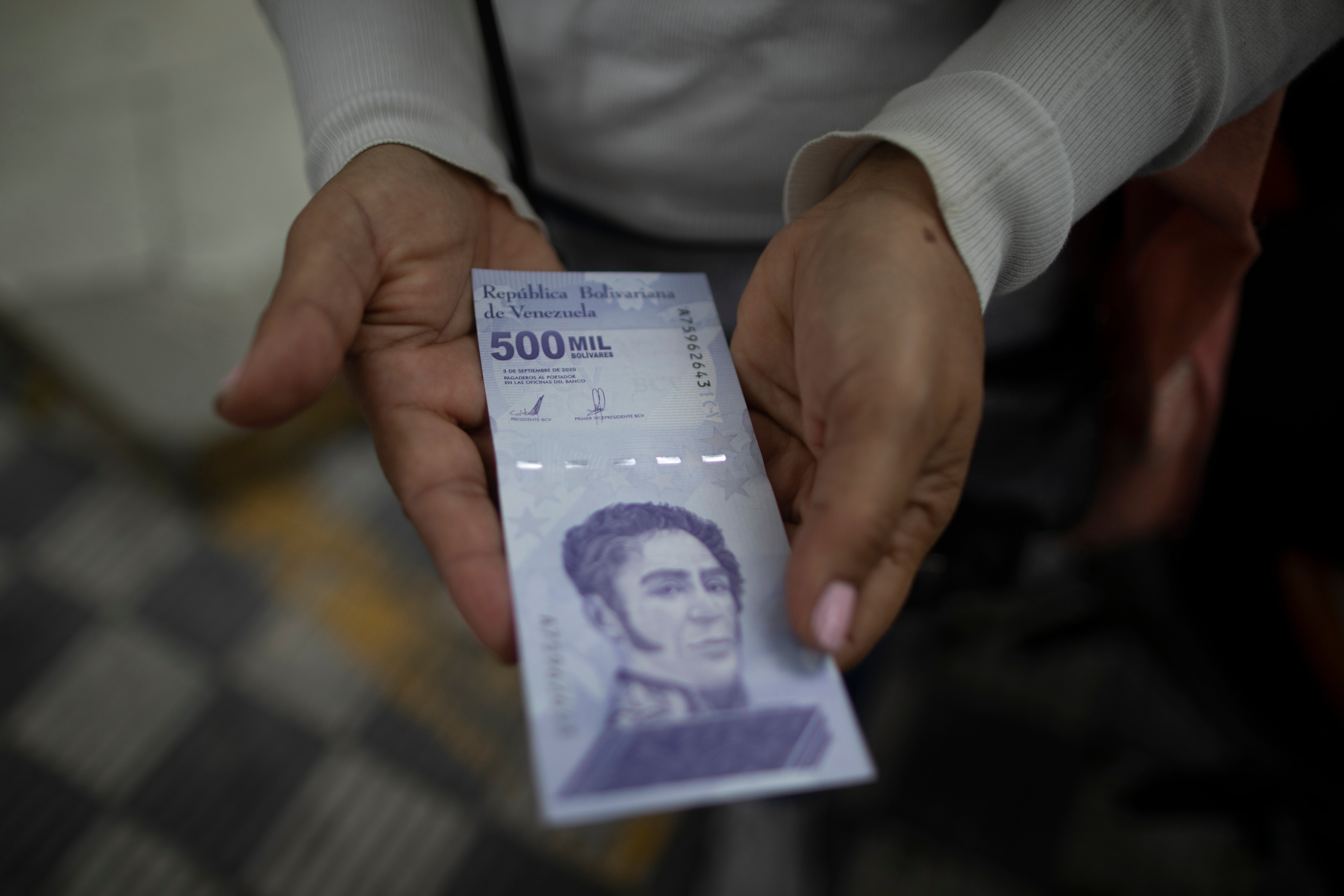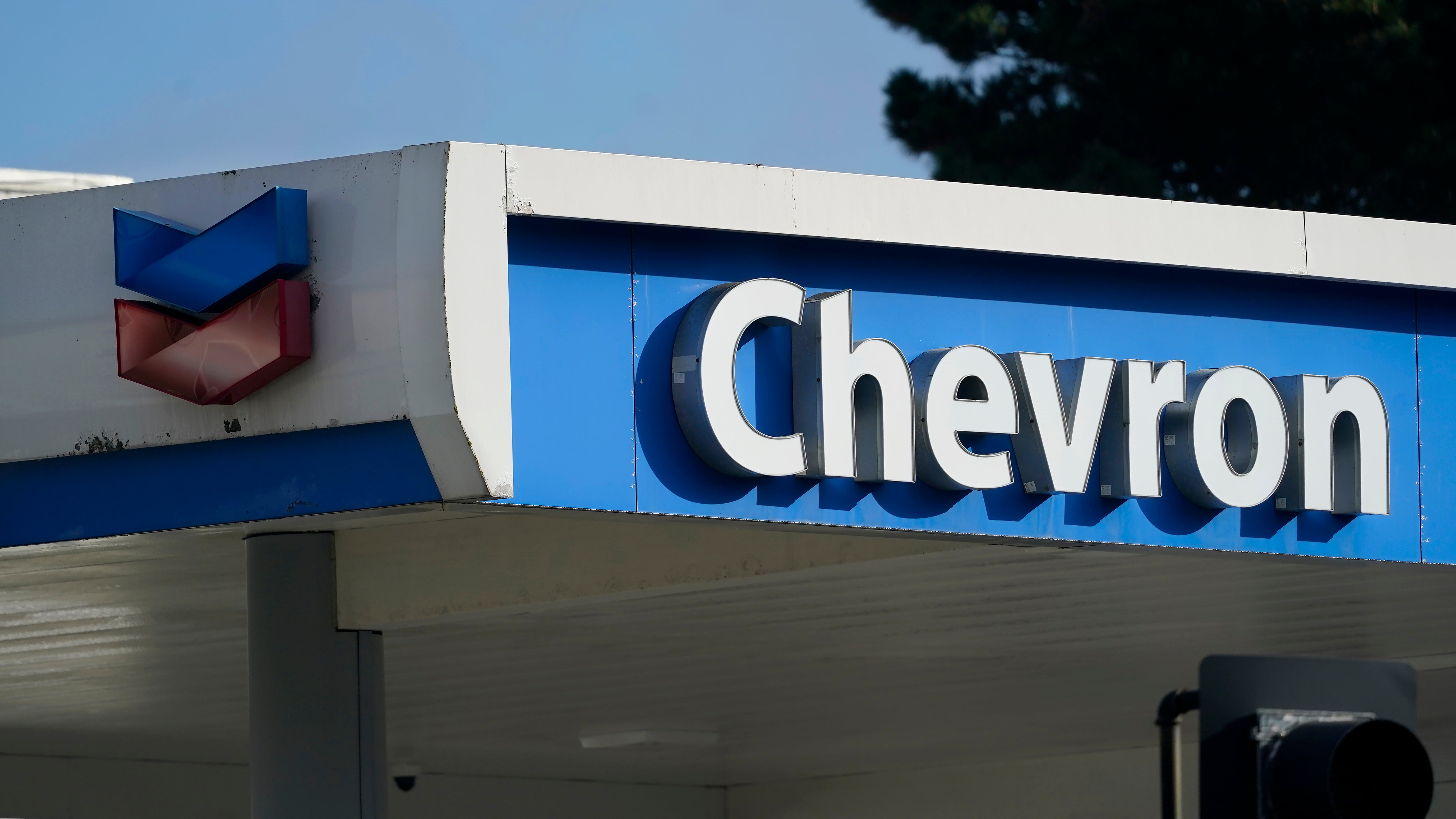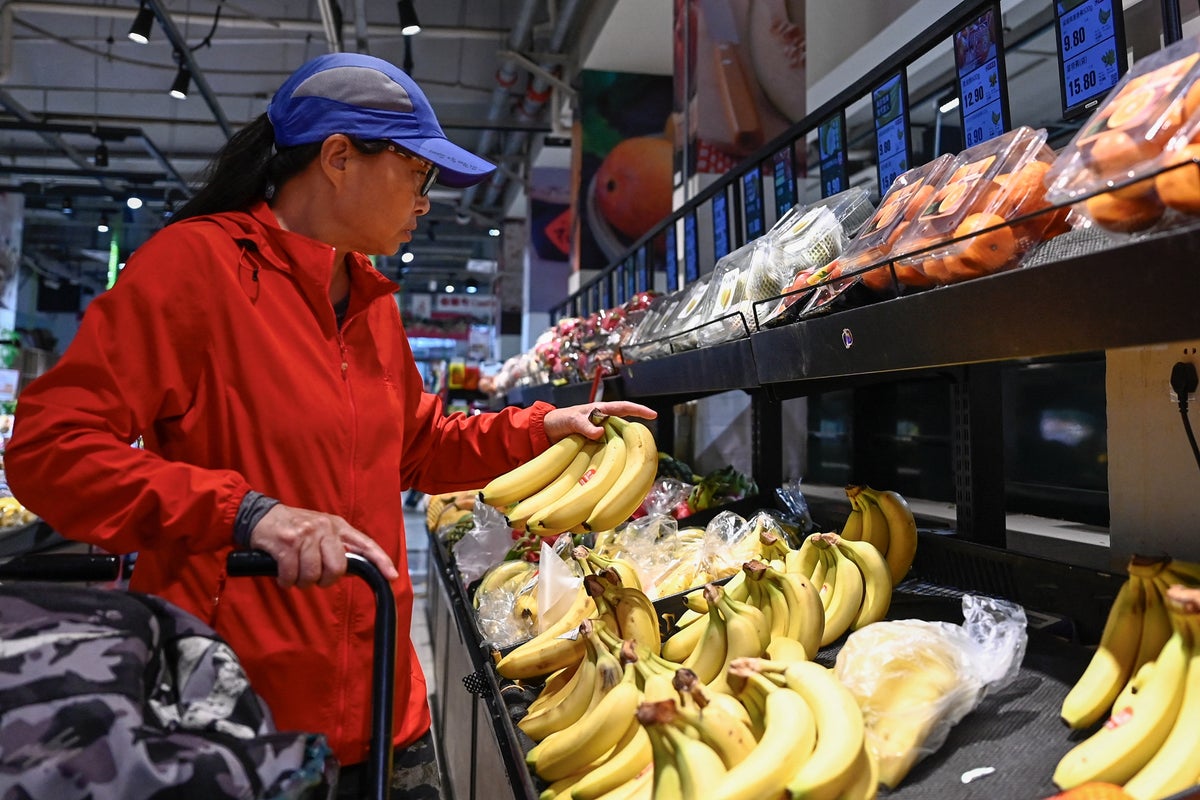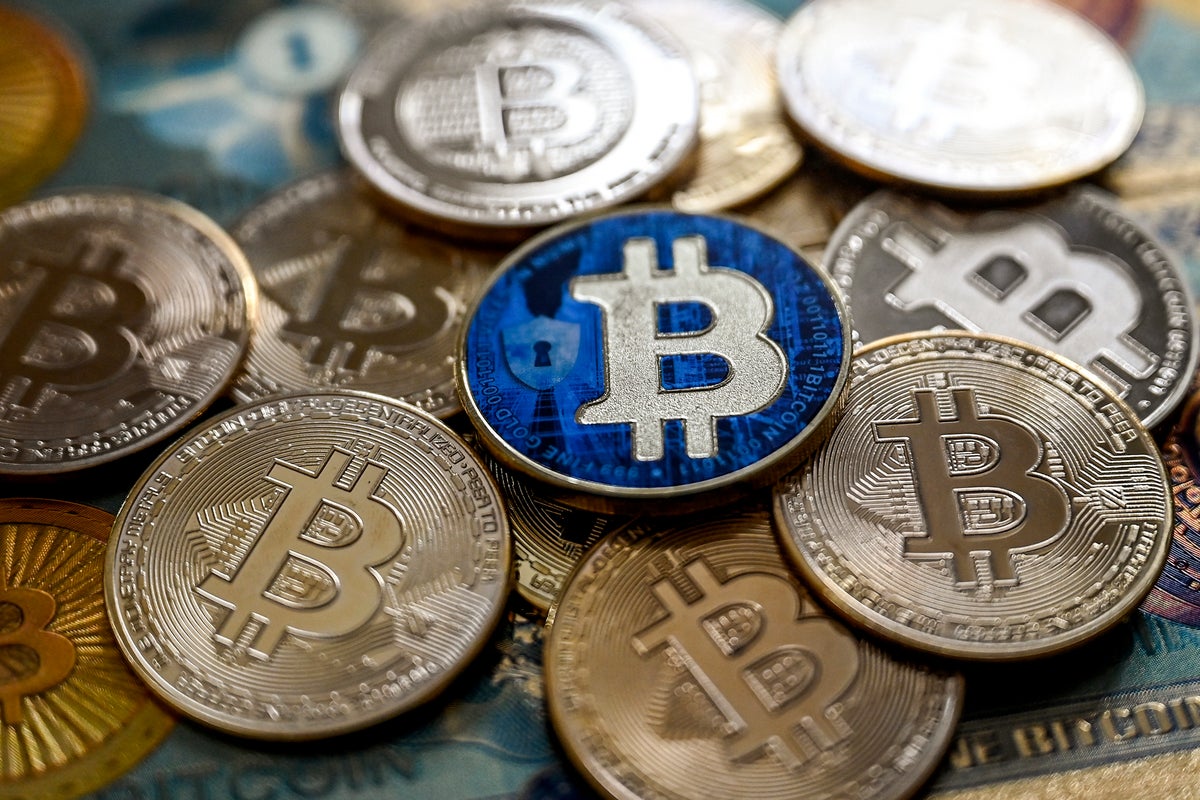Venezuela’s government is gradually permitting the use of dollar-tied cryptocurrencies for private sector currency exchanges, a dozen sources have revealed, as US restrictions on oil exports continue to deplete available foreign currency.
The move comes as American sanctions, which Caracas has characterised as “economic war,” severely impede many business transactions.
Companies needing to import raw materials are typically forced to convert local bolivars into dollars, traditionally sourced from the oil trade and foreign card transactions, and injected into exchanges by the central bank.
However, oil revenue has significantly declined in recent months.
Although the US Treasury Department recently issued a new, restricted licence to Chevron, allowing it to export oil after a three-month hiatus, the agreement explicitly blocks any payments to the Venezuelan government, further reducing the quantity of dollars available for exchange.
In response, since June, the Venezuelan government has reportedly allowed increased use of USDT, a digital currency also known as Tether, whose value is pegged to the US dollar and designed to maintain a stable value.

Private and financial sector sources, who requested anonymity due to fear of repercussions, confirmed this shift.
The adoption of these digital currencies is seen as crucial for keeping the economy operational amidst the sanctions, including supporting domestic production of essential goods such as food.
“When one operation closes, others open,” said one business person about the use of crypto.
Another source estimated the use of crypto will grow.
State-run oil company PDVSA has since last year been slowly increasing its digital currency usage and moving sales to USDT, sources told Reuters last year.
Tether did not respond to a request for comment, but said last year it respects the U.S. Treasury’s list of sanctioned entities.
Neither the Ministry of Communications nor the central bank responded to questions, but Vice President Delcy Rodriguez said during an August meeting with business people that “non-traditional mechanisms of management in the exchange market” were being implemented, without providing more details.
The sources said a limited number of banks sell the cryptocurrencies, usually USDT, to some businesses in exchange for bolivars. The businesses must have a digital wallet approved by the authorities and receive the value of the transaction there.

Businesses are then free to either sell the crypto or use it to pay domestic or international providers.
There are no official figures for crypto sales, but local analyst firm Ecoanalitica has estimated that $119 million in cryptocurrencies were sold to the private sector in July.
The Venezuelan central bank injected some $2 billion into the currency exchange market in the first seven months of the year, 14 per cent less than during the same period last year, according to estimates by the private and financial sectors.
The restrictions on the Chevron license might further reduce the availability of foreign currency, analysts have estimated.
Oil exports declined about 10 per cent in July from the previous month, according to vessel tracking data and company documents.
“The availability of exchange always has a ceiling,” said lawmaker Orlando Camacho, who is close to the ruling party and the head of a guild for medium-sized companies. “The role of companies is also to guarantee foreign exchange through their exports.”



